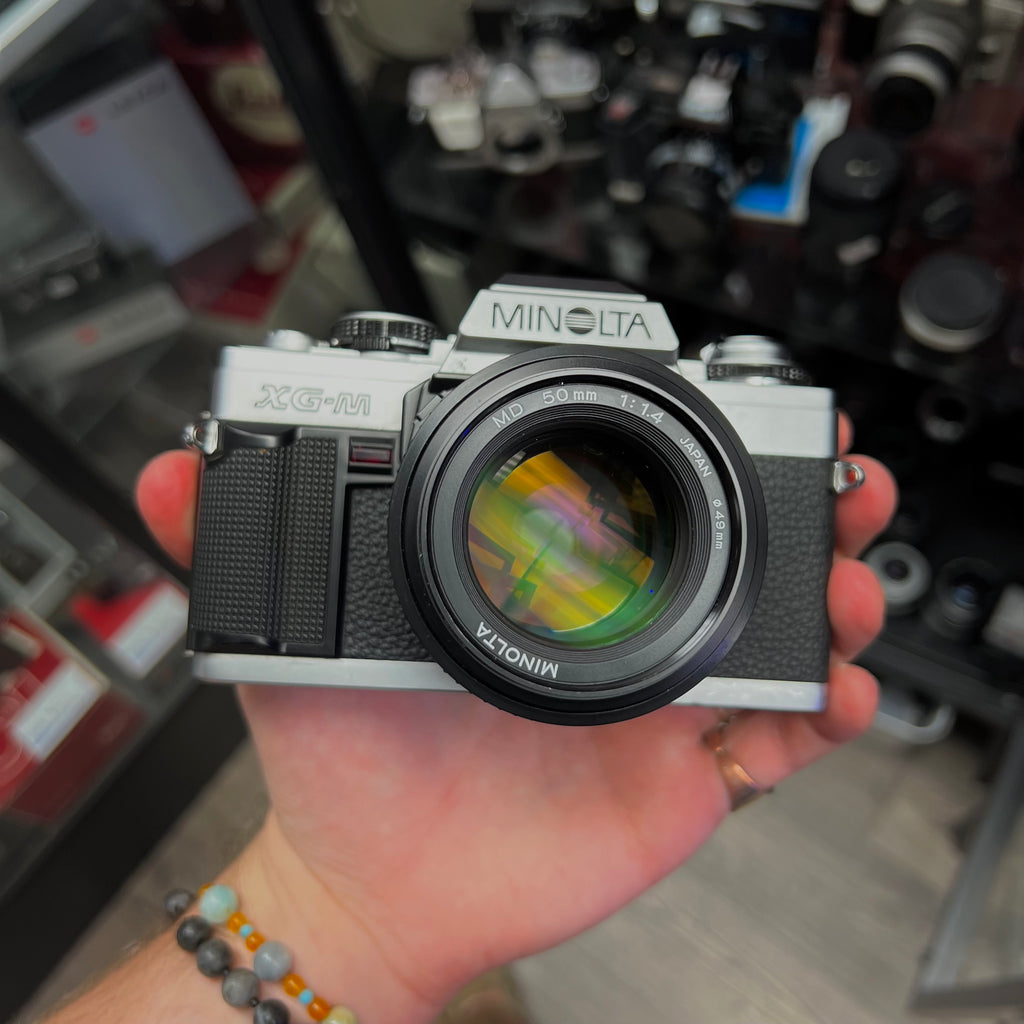When it comes to choosing lenses for your camera, you have two main options: zoom lenses and prime lenses. While zoom lenses offer convenience and versatility, prime lenses have a number of advantages that make them a popular choice among photographers. In this post, we'll explore why you should consider shooting with prime lenses instead of zoom lenses.
Prime lenses offer better image quality.
Because prime lenses have a fixed focal length, they are often sharper and have better contrast than zoom lenses. This is because they are designed to work at a specific focal length, which allows manufacturers to optimize their optical design for that focal length.
Prime lenses are faster.
Prime lenses have larger maximum apertures than zoom lenses, which means they can let in more light. This makes them ideal for shooting in low-light conditions and for creating shallow depth of field effects.
Prime lenses encourage creativity.
Shooting with a prime lens can force you to think more creatively about your composition and framing. Because you can't zoom in or out, you have to physically move your camera to adjust your framing, which can lead to more interesting and dynamic shots.
Prime lenses are lighter and more compact.
Because they have fewer moving parts than zoom lenses, prime lenses are often smaller and lighter. This makes them easier to carry around and less tiring to use over long periods.
Prime lenses hold their value better.
Because prime lenses are often considered to be higher quality than zoom lenses, they tend to hold their value better over time. This means that if you decide to sell your lens in the future, you may be able to recoup more of your initial investment.
In conclusion, there are many good reasons to consider shooting with prime lenses instead of zoom lenses. They offer better image quality, are faster, encourage creativity, are lighter and more compact, and hold their value better over time. While they may not be as versatile as zoom lenses, they can be a great choice for photographers who value quality and creativity over convenience.
Happy shooting!
--Matthew Rygh

